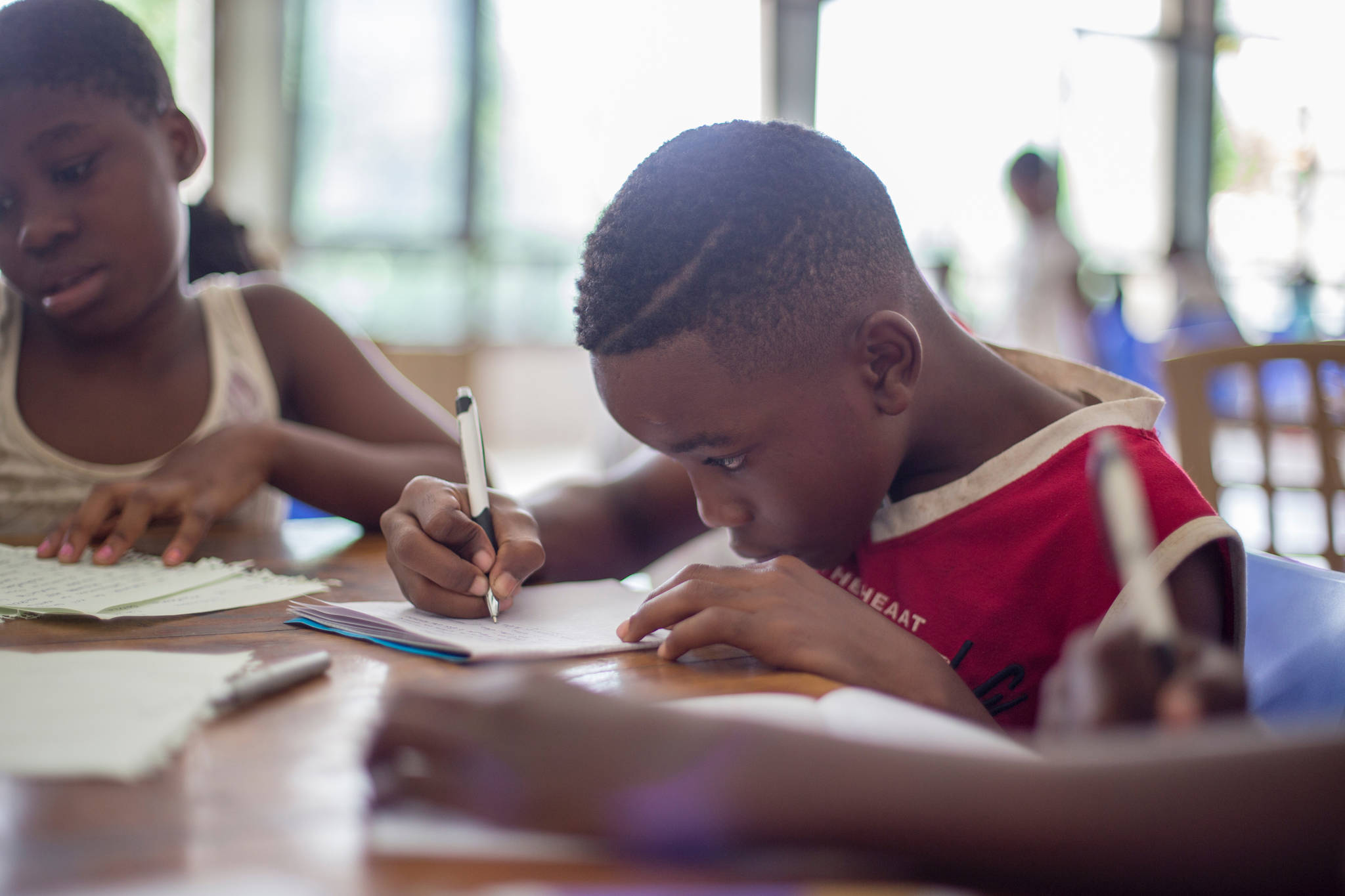As Alaskans, we have a constitutional and moral responsibility to provide the best education possible for our children. Yet we remain one of the only states that do not provide affordable pre-kindergarten on a statewide basis.
Our bill, Senate Bill 6, would establish voluntary, universal early education statewide, and would add Alaska to the ranks of most states that have recognized the need to invest in our greatest resource: the children of Alaska. SB 6 will be heard Thursday in the Senate Education Committee at 9 am. We encourage you to listen in and share your thoughts.
According to one of the world’s leading early education researchers, Dr. James Heckman, every dollar invested in pre-K saves the state up to $7 in the long term. Children who receive pre-K require less remedial and special education, are less dependent on welfare, are less likely to need substance abuse treatment, and are less likely to become involved in the costly criminal justice system. If we invest in early education now, Alaskans can expect to save up to $364 million per year in the long-term.
Investing in early education doesn’t just save the state money; it also builds the economy. The Perry Preschool Project, a multi-year study done on the long-term effects of early education, found children who benefit from early education are more likely to graduate high school, obtain a college education and earn higher incomes as adults. Heckman estimates early education creates a 13 percent return on investment. To put that in perspective, the Permanent Fund has earned 8.94 percent over the last five years. According to the Alaska Early Childhood Advocacy Group, Alaska’s early care and learning sector account for $343 million in annual spending and a workforce of 7,700. Because of early care and learning services, another 48,900 adults can participate in the labor force, generating $512 million in economic output. The positive results of early education cannot be overstated.
The few state grant-funded early education programs show student improvement in critical skills like social engagement, language comprehension and counting. Outside of a few school district classrooms, the state only provides structured early education through Head Start. The Alaska Head Start Association estimates that more than 50 percent of children who qualify cannot receive Head Start education due to insufficient funding.
In Fairbanks alone, the Head Start and Early Head Start waitlist exceed 240 children. Best Beginnings estimates that more than 62 percent of young Alaskans (more than 43,000 children) have both parents in the workforce, yet there are only just over 18,000 children in licensed childcare programs and more than 24,000 children without an affordable option.
Gov. Mike Dunleavy’s FY 2020 would eliminate all funding for pre-K and those early learning programs designed to help support parent-led education. It even proposes eliminating state funding for Head Start, which is the largest provider of early education for low-income families across the state. That means less options for working parents and fewer educational opportunities for Alaska’s kids.
Educating children should be more than just a financial decision. Providing education is about more than teaching classes on reading, writing and arithmetic. It is about creating the next generation of innovators, business owners and leaders. It is essential that we provide enough funding and support to make sure the children of Alaska can be competitive in the marketplace and lead healthy and fulfilled lives. Unless our education priorities match our education funding, then we are limiting the potential success of our students and hurting the future of Alaska.
We all say that we want the next generation to have more opportunities than we did and the chance for a better life. Investing in early education that delivers on that promise is a significant step toward creating those opportunities. The Senate Democrats have made early education a priority because we know that Alaska can and must do better by its children. Our future leaders depend on it.
• Sen. Tom Begich, D, represents Anchorage in the Alaska Legislature, and Sen. Scott Kawasaki, D, represents Fairbanks. My Turns and Letters to the Editor represent the view of the author, not the view of the Juneau Empire.

